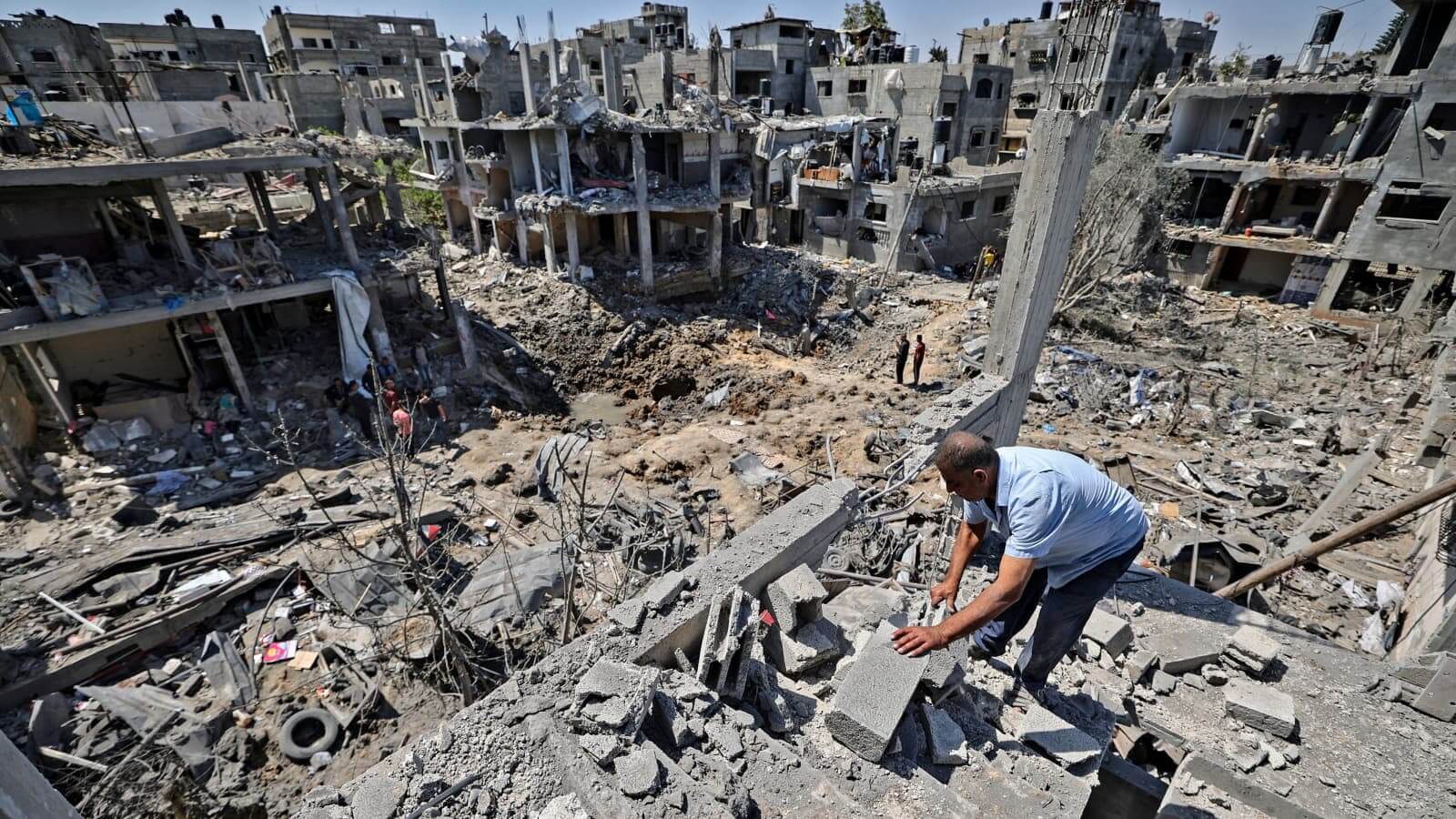Qatar has resumed the distribution of aid to the Gaza Strip for the first time since the war between Israel and Hamas in May. The Gulf state will continue working with the United Nations (UN) to provide the funds, which amount to $40 million.
The scheme, coordinated by Qatar and the UN, and supported by Israel, will provide cash to nearly 100,000 beneficiaries through more than 700 distribution points across Gaza. Hamas’s official news agency said the money would be disbursed through supermarkets, money exchange shops, and other retail stores.
In a break from the past, the cash will be directly provided to Gazans, not through Hamas, the militant group controlling the besieged enclave. Al Jazeera mentioned that the aid would be delivered in shekels [Israeli currency] and not in dollars like before.
On Wednesday, Qatar’s envoy to Gaza, Mohammed Al Emadi, said the aid meets the “best international standards, and has been developed in consultation with the United Nations agencies and international partners.” Emadi added that Doha will “continue providing aid with this same mechanism, as it stands up for the rights of the Palestinian people and continues supporting them through aid and developmental projects.”
Moreover, UN Special Coordinator for the Middle East Peace Process Tor Wennesland said, “Eligible families will continue to receive notifications over the coming days informing them of their enrolment and when they will receive their assistance.” He noted that Qatar’s aid comes in addition to the UN’s ongoing humanitarian aid schemes in Gaza.
Last month, Israel and Qatar reached an agreement to resume cash payments to families in Gaza. Israel had blocked the payments during the conflict with Hamas in May. Under the deal, Qatar would deposit the funds to a UN bank account in New York. The money would be transferred to a bank account in Ramallah, West Bank, and from there to a local bank in Gaza. The cash would then be directly transferred to the bank accounts of Gazan families.
However, the bank transfer deal fell apart when the Palestinian Authority (PA) withdrew from the agreement last week over fears of legal prosecution and accusations of supporting terrorism. Hamas is designated as a terrorist organisation by many Western countries, including the United States.
Consequently, the UN announced on Monday that Qatari funds would be provided to Gazans through distribution centres.
Israel has expressed concerns about the UN and Qatari aid ending in the hands of Hamas and has warned that it could be used for terrorism-related activities. On Sunday, Israeli Prime Minister (PM) Naftali Bennett said that Qatari aid would not be provided in “suitcases of cash as happened in the past,” especially during former PM Benjamin Netanyahu’s term in office. Bennett pointed that Israel is examining several alternatives regarding the provision of aid.
However, Israel’s willingness to resume the distribution of aid to Gaza could be an effort to prevent tensions with Hamas to escalate into a full-blown war and calm the residents of Gaza. Apart from resuming aid payments, Israel has taken several measures to ease the crippling 14-year-old blockade on the Gaza Strip amid violent protests along the Israel-Gaza border earlier this month. The measures included extending the fishing zone by 15 nautical miles and allowing building material into Gaza to rebuild the enclave damaged during the 11-day war in May.
Qatar has donated hundreds of millions of dollars to Gaza since 2014. According to Emadi, Doha’s aid to Gaza has “been vital to providing for thousands of families and keeping the humanitarian situation from deteriorating in the besieged strip.”

